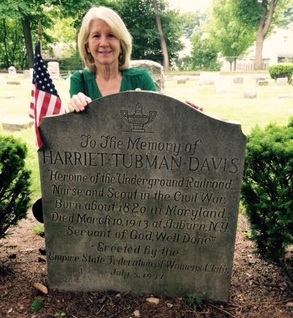
“You’ll find her grave under the large cedar tree, just down the road,” the gardener had explained. And, as he described, we found the marker…and the tree. Standing in that hallowed place, tears flowed down my cheeks.
Harriett Tubman had inspired me in my younger years to take the steps I needed to take—to find my own sense of peace.
Lying in the emergency room, I thought of Harriet and imagined what she might say. I couldn’t help but laugh at my circumstance, for surely she would have done the same. This remarkable little woman, who endured unspeakable trials, wouldn’t have been fazed by a few broken bones.
My fingers are starting to work again, and with them, threads of a new book are emerging. I think I needed this pause, unwanted though it was and is!
During these past weeks of rest and healing, I have frequently thought about friends, family, and strangers with disabilities. I felt especially close to my dad, who lost his arm in a farming accident when he was a young man in his thirties. I also thought about Fred and his artificial leg, about Joyce and her wheelchair, and about so many others who graciously go about their day—without complaint.
As I experienced my limitations, I became acutely aware that I am (and you are) surrounded by folks with far greater handicaps than any of us might ever know.
And, I’m reminded of Mary T. Lathrap’s poem (Walk a Mile in His Moccasins). A few of its haunting lines read:
Pray, don't find fault with the man that limps,
Or stumbles along the road.
Unless you have worn the moccasins he wears,
Or stumbled beneath the same load.
There may be tears in his soles that hurt
Though hidden away from view.
The burden he bears placed on your back
May cause you to stumble and fall, too.
(…)
Take the time to walk a mile in his moccasins.

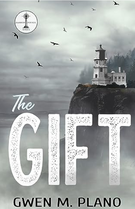
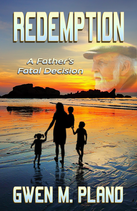

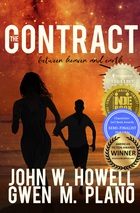

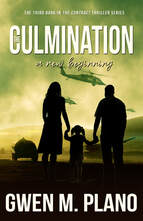
 RSS Feed
RSS Feed